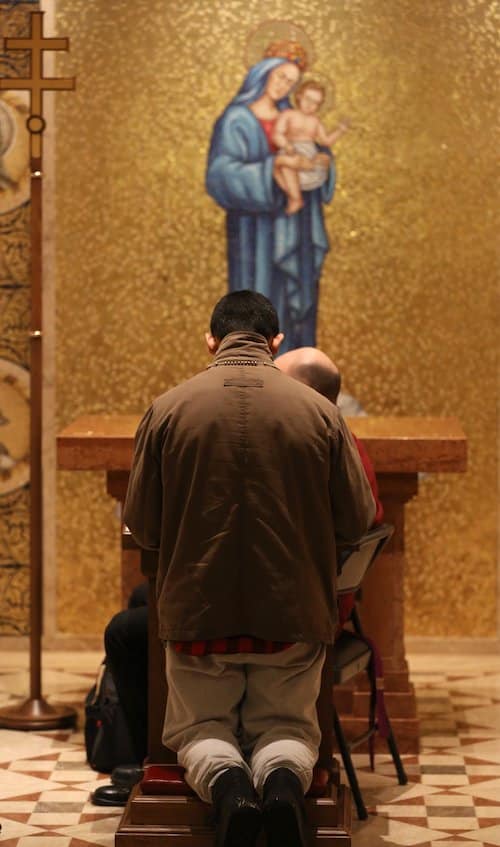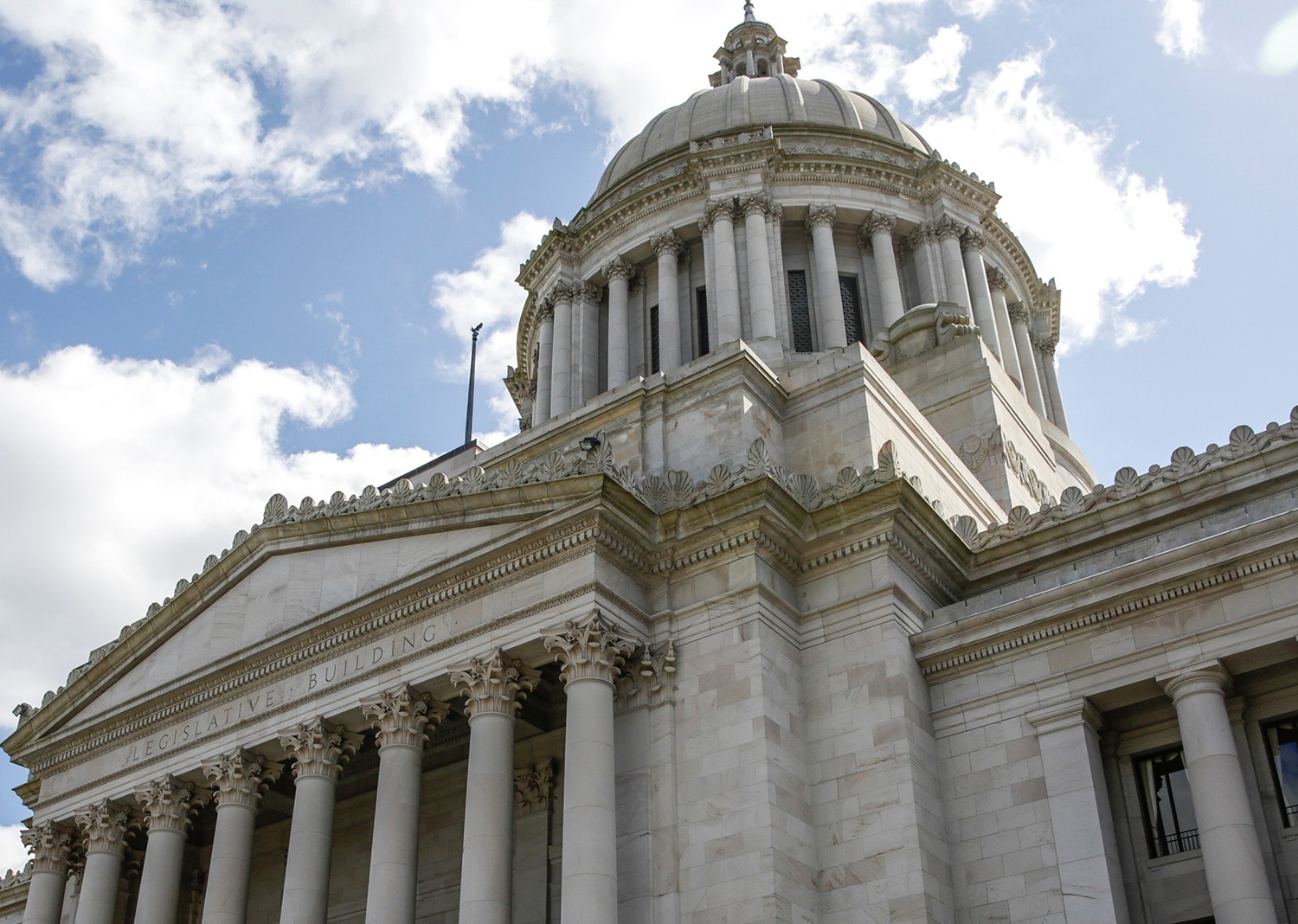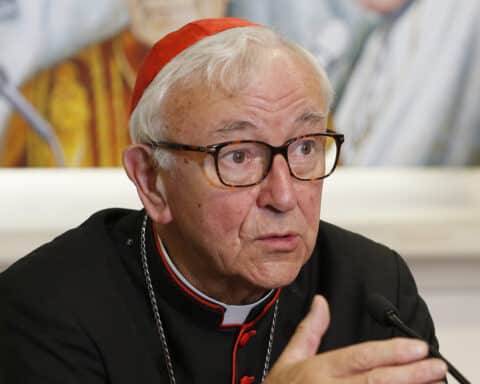(OSV News) — Legislation that would require clergy to report child abuse or neglect in Washington state failed for the second year in a row in that state’s Legislature. Some have expressed concern that without exceptions for clergy-penitent privilege, the bill could place Catholic priests at odds with civil law to uphold Church law regarding the seal of the confessional.
Senate Bill 6298, a bill that sought to make members of the clergy mandatory reporters, or people required by law to report suspected or known instances of child abuse or neglect, was recently passed by the state’s Senate but died in a House committee on Feb. 21.
The state Senate’s version of that legislation contained an exception to the clergy reporting requirement that would have exempted sacramental confessions. However, the House rejected that exception, so the legislation did not proceed.
Similar legislation failed in the Legislature last year after lawmakers could not reach consensus on the exception.
Jean Welch Hill, executive director of the Washington State Catholic Conference, told OSV News on Feb. 26 that the conference “supports clergy as mandatory reporters, provided anything heard in the sacrament of confession is excluded from disclosure.”

Concerns with information from confessions
“We supported the provisions in the bill that accomplished both of these goals,” Hill said.
She explained that the conference had “concerns with one section of the bill which created a duty to warn of imminent risk of abuse even if part of the information the clergy member received came from confession.
“While we recognized this provision could violate the seal of confession, we also know that priests in our dioceses are already mandated reporters under our Safe Environment policies so (they) should be reporting signs of ongoing abuse prior to a confession,” she said. “Further, we know priests will not violate the seal of confession so (we) would not expect them to do so, but would expect them to report if they have information about imminent abuse from other sources.”
Most states that specifically include clergy in their mandatory reporting laws provide some clergy-penitent privileges to varying degrees, according to data from the Child Welfare Information Gateway, which operates under the Children’s Bureau at the U.S. Department of Health and Human Services.
The Catechism of the Catholic Church states that priests are strictly forbidden from divulging what penitents tell them during confession, part of the sacrament of reconciliation, and states that information a penitent divulges is under “seal.”
“Given the delicacy and greatness of this ministry and the respect due to persons, the Church declares that every priest who hears confessions is bound under very severe penalties to keep absolute secrecy regarding the sins that his penitents have confessed to him,” the Catechism states.
State Sen. Noel Frame, D-Seattle, who sponsored the Senate version of the bill and who said she is a survivor of childhood abuse, called the 2024 version a compromise intended to protect children with an exception aimed at protecting sacramental confession.
Mandatory reporting
“Mandatory reporters play an essential role in protecting children. Just as teachers, doctors, and other trusted adults who work with children have the legal responsibility of being mandatory reporters of child abuse, members of the clergy have that same trusting relationship and should carry the same responsibility,” Frame said in a Feb. 7 statement praising passage in the state’s Senate. “Too often, the cycle of violence and sexual abuse carries on for year after year, from generation to generation. I’ve been a victim of that cycle myself. When we see this happening, we need to intervene to break these cycles of abuse and get kids the help and protection they need.”
Hill said the Catholic conference “does not support or expect priests to violate their solemn vows to maintain the seal of confession.”
“We had hoped with this bill to ensure that clergy of all denominations report reasonable suspicions of child abuse for the protection of children, while also preserving the seal of confession,” she said. “In the rare circumstance that someone confesses to ongoing or imminent abuse, our priests would comply with the duty to warn by sharing information received outside of the confessional.”
Hill added, “As a church, we have learned many painful lessons from the tragedies inflicted by clergy on children, either directly or through clericalism.”
Hill said the policies and practices the U.S. bishops enacted with the 2002 “Charter for the Protection of Children and Young People,” also known as the Dallas Charter, have proven to be successful.
“Our clergy are now among the most prepared to recognize signs of abuse and help individuals get the help they need to end the cycles of abuse,” she said.





